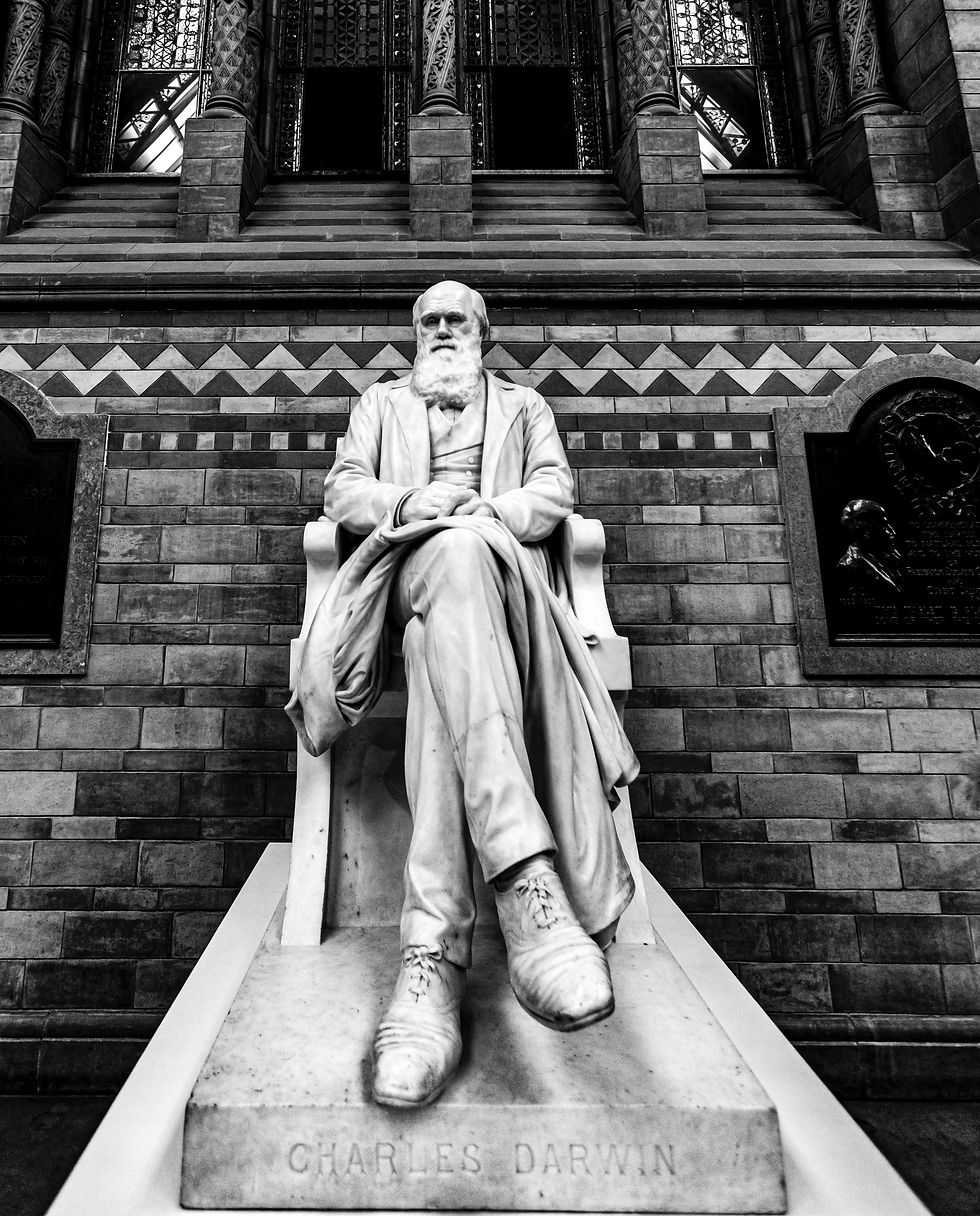The two Margarets
- sandra aisien

- Oct 14, 2023
- 3 min read
Updated: Dec 31, 2024
No reformation story would be complete without the mention of two women who refused to renounce Christ's Lordship over the Church while they were tied to a stake, waiting to be drowned by the rising tide.

Many men and women have been and continue to be persecuted for the sake of the Gospel; their stories are of unwavering courage, zeal, and faith. We read about the French theologian, pastor, and reformer Jean Calvin and the German monk Martin Luther, who laid the foundation for one of the most significant turning points in the history of Christianity. History pages would be incomplete without the records of two extraordinary women, a life of conviction and unsurmountable strength and perseverance.
Like previous monarchs before him, Charles I believed in the divine right of kings to reign over everyone else; God wished them to be infallible rulers of their kingdom and that they were spiritual heads of the church of Scotland. His dictatorial administration and persistent disagreements with his parliament over foreign policy and military spending resulted in the dissolution of parliament three times in four years. To increase revenue for the crown, he established ship money, levied taxes, and sought to obtain money by unconstitutional means.
The book of Canons, which outlined King Charles' entire control over the church, was introduced in 1636:
The book outlined excommunication as a penalty for anyone who claimed that the king did not have entire jurisdiction in church issues, that prelacy was unbiblical, or who formed church regulations without the king's authorization.
In 1637, the Book of Common Prayers followed. He declared that the opposition to the new liturgy would be considered treason. Following the enactment of the new law, there were severe repressions, from ministers being "outed" from their churches by the authorities to preaching being punishable by death. Citizens who didn't attend their local church could be heavily fined, questioned under torture, and forced to take oaths that pledged loyalty to the king and accept him as the head of the church; failure to do this resulted in a summary execution: an execution in which a person is accused of a crime and immediately killed without the benefit of a full and fair trial.
In 1642, the English Civil War erupted as a result of King Charles' attempt to arrest five members of parliament.
Margaret Wilson was the daughter of a rich farmer, she and her sister were caught attending conventicles. Margaret MacLachlan, on the other hand, was a widow in her 60s. They were both covenanters and strict Presbyterians. Covenanters were people in Scotland who signed the National Covenant in 1638, a confirmation of their opposition to the interference by the Stuart kings in the affairs of the presbyterian church of Scotland. Presbyterians believed that only Jesus Christ was the head of the church, not a king. All of this led to the covenanting struggle. From the signing of the Covenant in 1638 until the glorious revolution, suffering, torture, imprisonment, and execution were rampant.

Margaret Wilson and her sister Agnes were first thrown into a dungeon in Wigtown and were later taken to a prison where MacLachlan was already incarcerated. They all appeared before the judiciary commission on April 13, 1685.
Their crime was the refusal to take the abjuration oath, which acknowledged James VII (and all monarchs) as the head of the church. Margaret Wilson's sister Agnes was released on a £100 bail, but Wilson was sentenced to death alongside MacLachlan. The Covenanters' persecution lasted from 1660 to the end of 1688.

The two women were tied to stakes in the Bladnoch River, which runs into Wigtown Bay. A soldier slit MacLachlan's throat as she fought for her life against the rising tide. Wilson, on the other hand, suffered a similar fate; her head was pushed below the water, and her throat was also slit.
The bodies of the two women were removed from the stakes and buried in the Kirkyard at Wigtown.
When we face difficulties in our walk with the Lord, I pray we find courage in the stories of women like Margaret Wilson, Margaret MacLachlan, Elisabeth Elliot, Mary Slessor, and countless many others, who held to the truth that "everything works together for good for those who love God and are called according to His purpose."



Comments